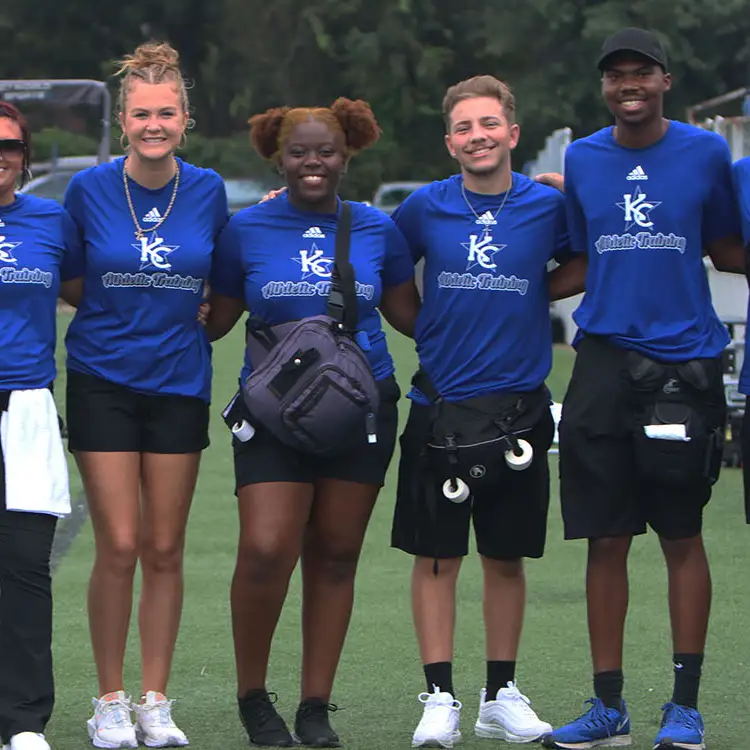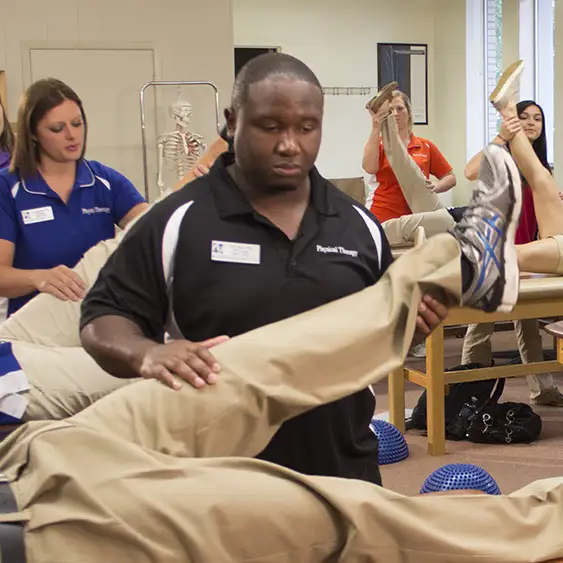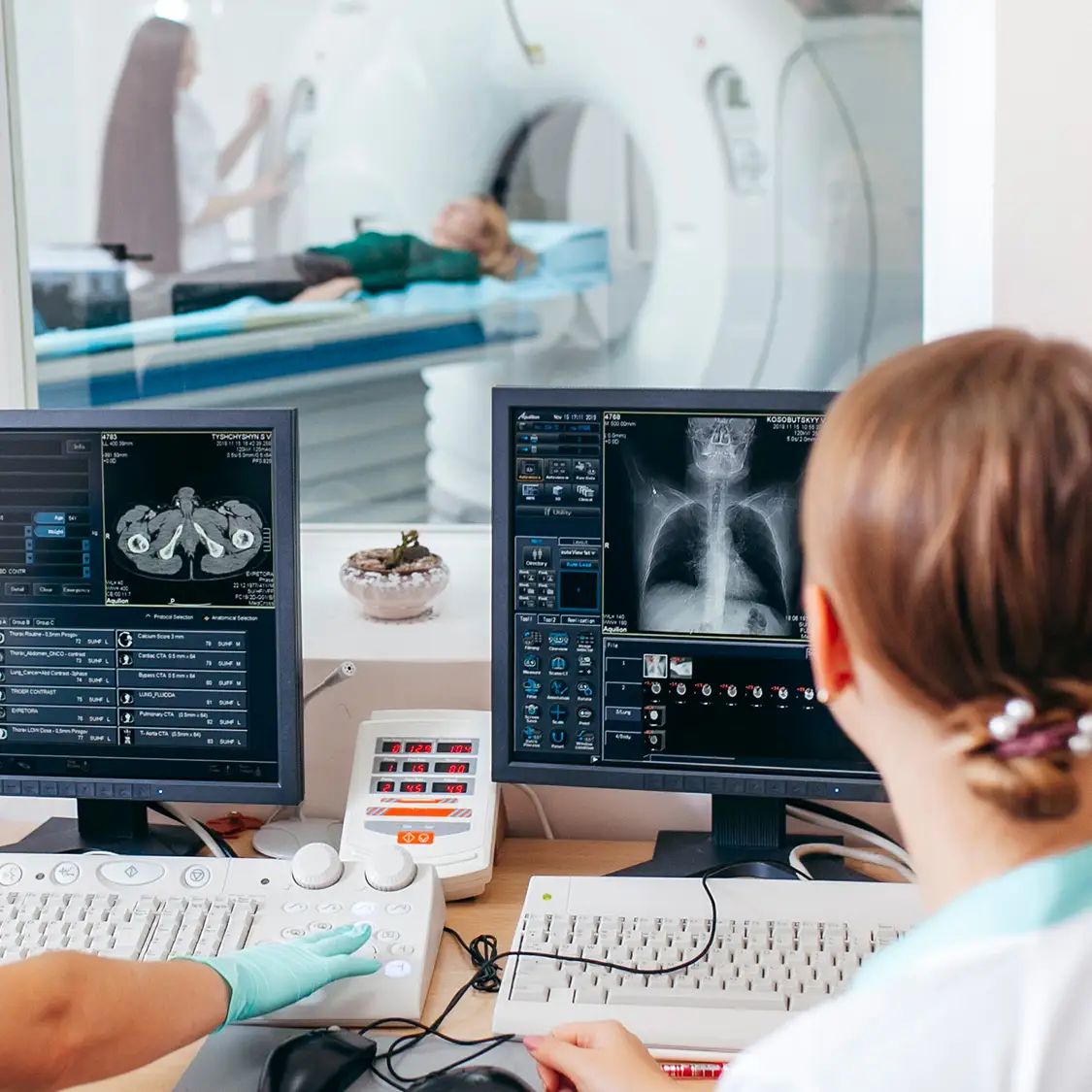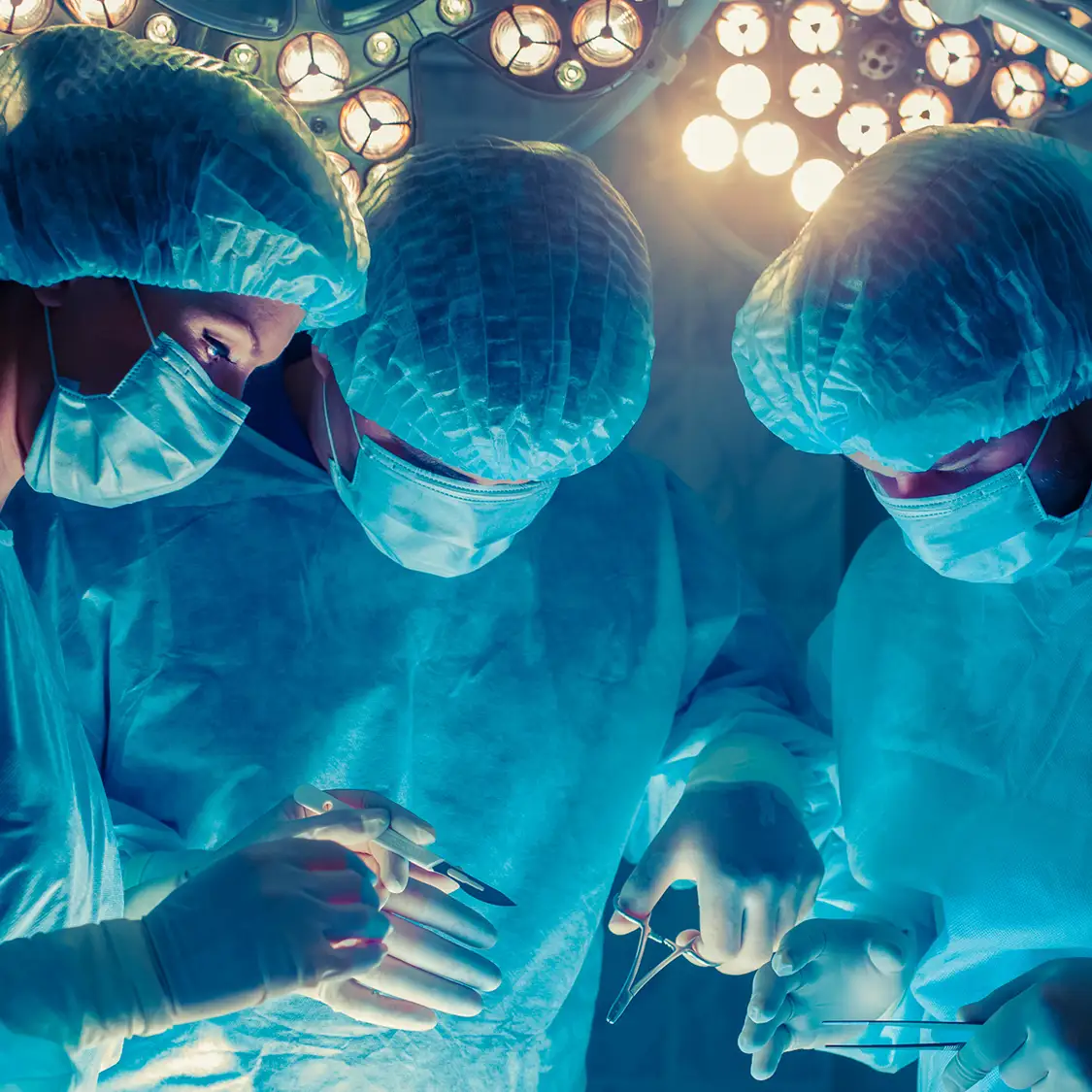
Athletic trainers are the men and women who assist all types of athletes with injuries, as well as injury prevention. Athletic trainers, as one of the first healthcare providers on the scene when injuries occur, must be able to recognize, evaluate and assess injuries and provide quick and precise care when needed.

Kinesiology is an academic discipline which involves the study of physical activity and its impact on health, society, and quality of life. It is also simply defined as, “the science of human movement.” Kinesiology students strive to understand the cellular to societal implications of physical activity, nutrition and lifestyle as well as optimize health, prevent injury and illness, and extend the years of high-quality life.

Kilgore College offers general education requirements for various health sciences and pre-professional medical programs such as biology, chemistry, math, physics, psychology necessary to apply to a university offering baccalaureate programs.

The Associate Degree Nursing Program at Kilgore College is based on the belief that the individual is a unique product of their environment, culture, and life experiences. The following concepts form the basis of the program design: the role of the nurse, clinical judgement, and evidence-based practice. Patient centered care, ethical & legal practice, professionalism, and communication are unifying threads that support the concepts and are integrated throughout the curriculum.

Physical therapy is a health profession with the primary purpose of restoring, maintaining and improving the quality of life of the healthy and those with injury or dysfunction. Through the use of such tools as physical agents (i.e., heat, cold, ultrasound, traction, electrical stimulation), gait training, massage and various forms of exercise, physical therapy professionals work in a variety of settings with a variety of patients.

Radiologic Science is both an art and a science. It is the largest of the allied health professions. Radiologic Technologists, also known as Radiographers and Medical Imaging Technologists, are trained in the specialized technical area of medical radiography. Radiologic Technologists use their skills and knowledge of human anatomy and physiology, X-ray equipment and physics of X-ray production to create diagnostic radiographic images in a wide variety of settings.

Surgical technologists, or surgical techs, work alongside doctors and nurses in the operating room. These highly trained professionals help prepare patients and operating rooms for surgery, and serve as an extra set of hands during surgical procedures. This high-demand industry only takes a two-year (60-hour) associate degree to get hired as a surgical tech.